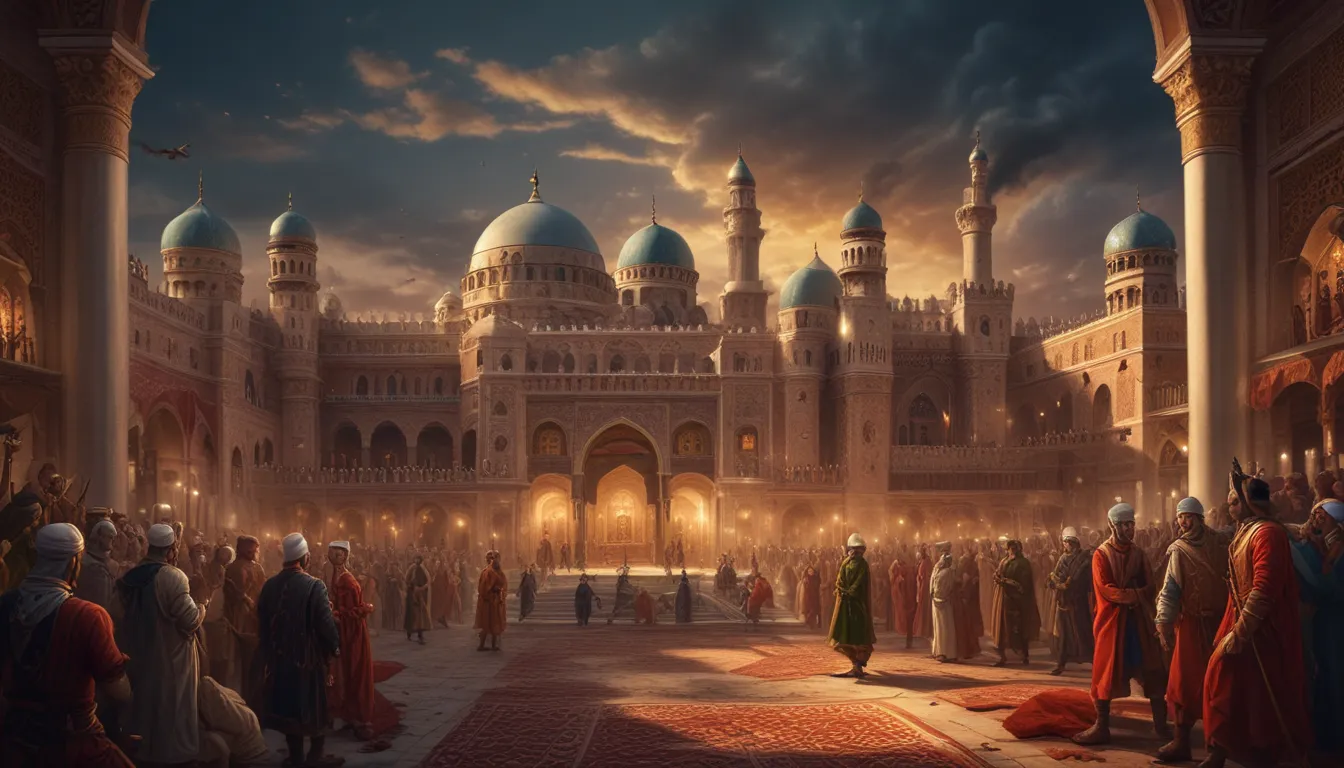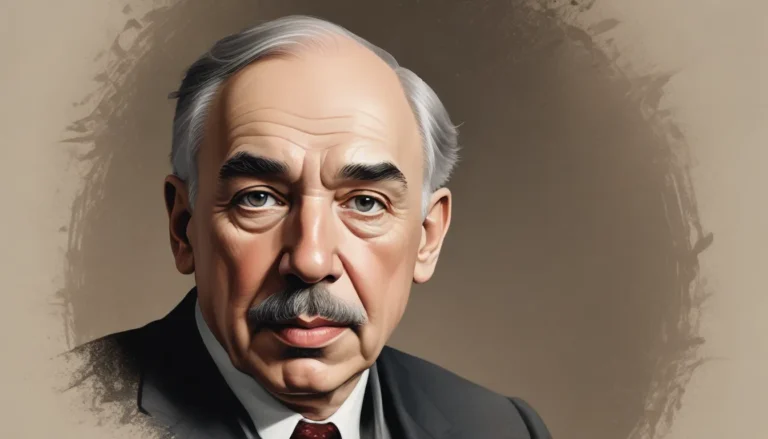The images in our articles may not match the content exactly. They are used to grab your attention, not to show the exact details in the text. The images complement the text but do not replace it.
When we think of powerful and influential rulers in history, Suleiman the Magnificent undoubtedly stands out as one of the most remarkable figures. Also known as Suleiman I, he reigned as the tenth Sultan of the Ottoman Empire from 1520 to 1566, leaving behind a legacy of expansion, cultural advancement, and military prowess. In this article, we will explore eight intriguing facts about Suleiman the Magnificent, shedding light on his impressive accomplishments and fascinating life.
Unveiling Suleiman the Magnificent
Suleiman’s reign marked a significant period of expansion and prosperity for the Ottoman Empire. His military campaigns and conquests not only expanded the empire’s territories but also solidified its position as a major world power. Suleiman’s strategic leadership and military prowess earned him the title “The Magnificent,” highlighting his remarkable achievements on the battlefield.
A Beacon of Justice and Governance
One of Suleiman’s enduring legacies is his implementation of legal reforms and establishment of a comprehensive legal system. Known as “Suleiman’s Law,” these reforms were rooted in Islamic law and aimed to ensure justice and fairness throughout the empire. By codifying laws, establishing a court system, and appointing judges, Suleiman set the foundation for a just and orderly society.
A Patron of the Arts and Culture
Suleiman’s reign also marked a golden age of artistic and intellectual flourishing in the Ottoman Empire. As a talented poet under the pen name “Muhibbi,” meaning “Lover,” Suleiman himself contributed to the growth of literature and poetry. He promoted cultural advancements, including architecture, calligraphy, and literature, leaving behind a rich cultural legacy that continues to inspire.
The Influence of a Respected Harem
In line with Ottoman tradition, Suleiman maintained a large harem that included numerous concubines and wives. His wife, Roxelana, played a significant role in political affairs and had a strong influence on Suleiman’s decision-making. The harem, an integral part of Ottoman court life, was a symbol of power and influence during Suleiman’s reign.
Architectural Marvels of Suleiman
Suleiman’s architectural achievements are notable, with the construction of grand structures that showcase the artistic excellence of the Ottoman Empire. The Süleymaniye Mosque in Istanbul stands as a testament to his architectural vision and remains a symbol of the empire’s cultural legacy. Suleiman’s commitment to architectural excellence is evident in the grandeur of these structures.
A Champion of Religious Tolerance
Suleiman’s policy of religious tolerance allowed people of different faiths to freely practice their religion within the empire. This approach to governance contributed to the empire’s cultural diversity and fostered peaceful coexistence among religious communities. Suleiman’s advocacy for religious tolerance reflects his commitment to creating a harmonious and inclusive society.
Legacy of Prosperity and Stability
Under Suleiman’s rule, the Ottoman Empire experienced economic growth, expanded trade routes, and improved infrastructure. This period of stability and prosperity allowed for advancements in science, art, and literature, making Suleiman’s reign a significant era in Ottoman history. His vision and leadership shaped the empire into a formidable force, leaving a lasting impact on future generations.
Unraveling the Enigma of Suleiman the Magnificent
Suleiman the Magnificent’s legacy continues to captivate historians and enthusiasts alike. His multifaceted persona as a military leader, patron of the arts, and advocate for religious tolerance showcases his immense capabilities as a ruler. By exploring the intriguing facts surrounding his life and achievements, we gain a deeper understanding of the indelible mark he left on the world.
FAQs about Suleiman the Magnificent
-
Q: What were Suleiman the Magnificent’s major achievements?
A: Suleiman achieved significant milestones such as expanding the Ottoman Empire’s territories, implementing administrative reforms, and fostering cultural and intellectual growth. -
Q: How long did Suleiman the Magnificent reign?
A: Suleiman reigned as the Sultan of the Ottoman Empire for an impressive 46 years, from 1520 until his death in 1566. -
Q: What was Suleiman the Magnificent’s relationship with his wife, Roxelana?
A: Suleiman had a deep and enduring relationship with his wife, Roxelana, who played a significant role in political affairs and decision-making. -
Q: How did Suleiman the Magnificent contribute to the arts?
A: Suleiman supported the growth of arts and literature, commissioned impressive architectural structures, and fostered artistic and cultural advancements. -
Q: Did Suleiman the Magnificent have any military successes?
A: Yes, Suleiman led successful military campaigns, capturing key cities and expanding the empire’s territories. -
Q: How did Suleiman the Magnificent impact law and governance?
A: Suleiman implemented legal reforms and established a comprehensive legal system, ensuring justice and fairness throughout the empire.
In conclusion, Suleiman the Magnificent’s unparalleled legacy as a leader, patron of the arts, and advocate for tolerance continues to inspire and intrigue scholars and history enthusiasts. His impact on the Ottoman Empire and the world at large remains a testament to his vision, ambition, and enduring influence. As we unravel the complexities of his reign and his impact on shaping history, we gain a deeper appreciation for the remarkable figure that was Suleiman the Magnificent.






